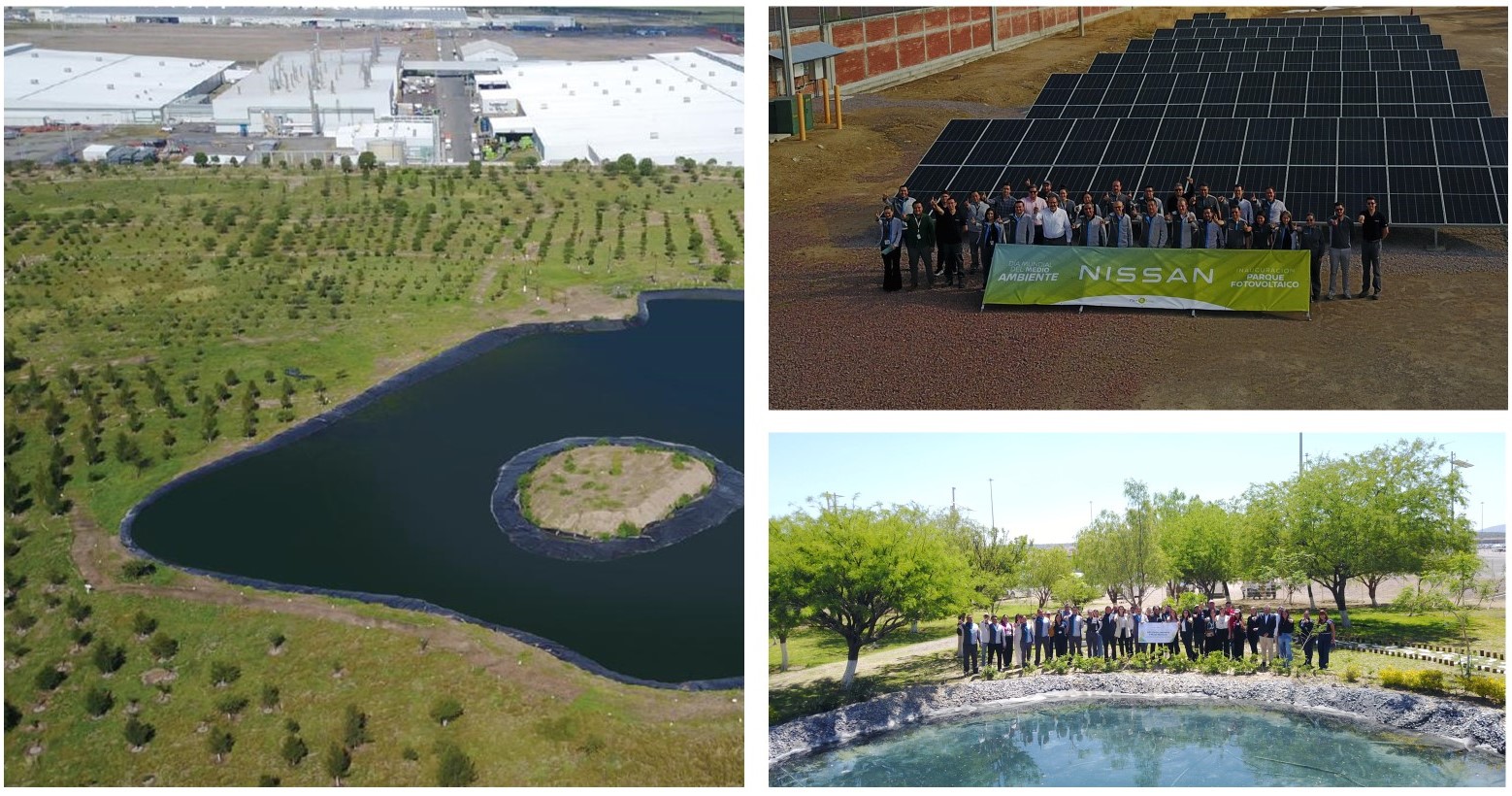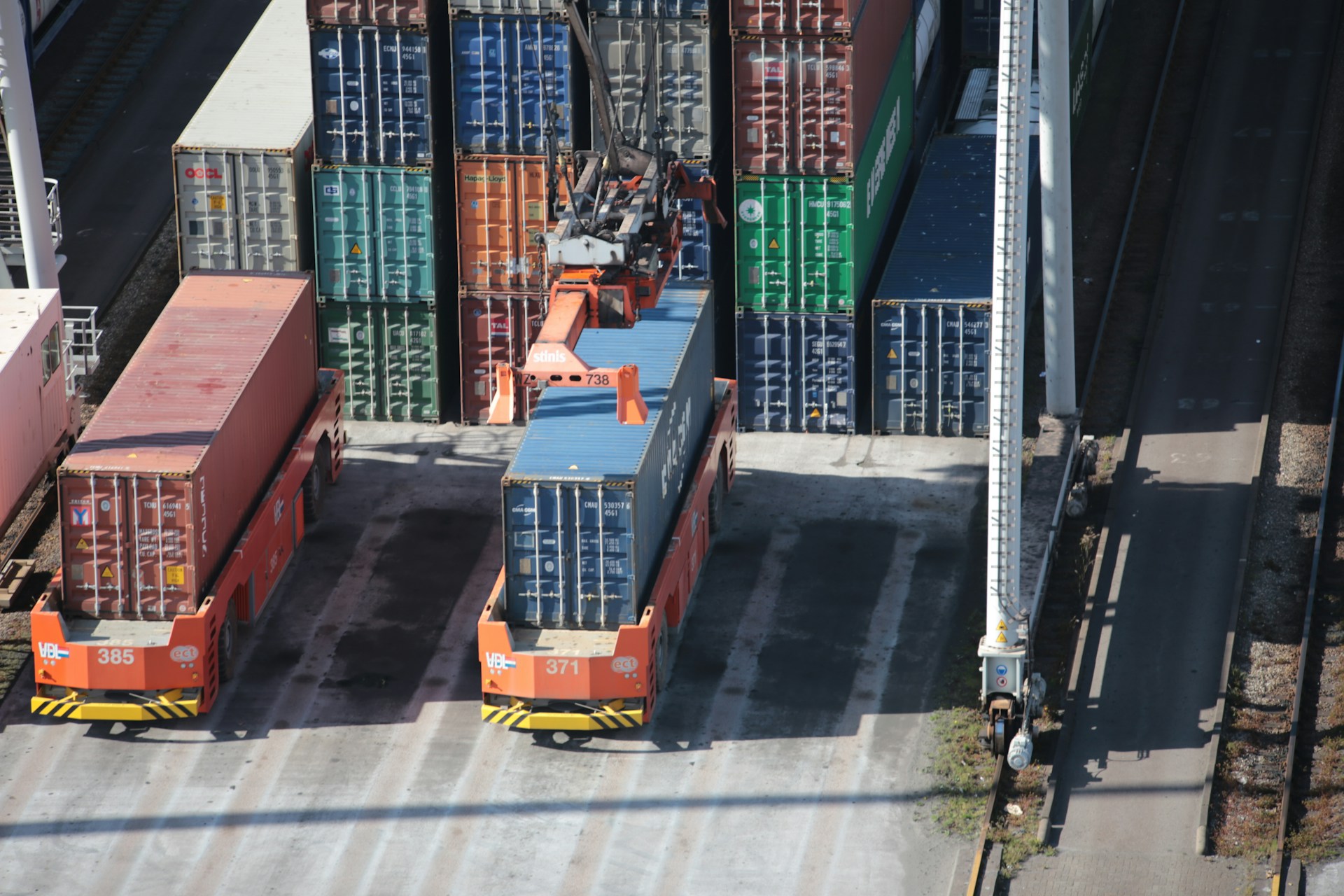The Business Exodus from California to Texas: the Beginning of a New Economic Era?

The business exodus from California to Texas is one of the most talked-about dynamics in the United States' economic environment in recent years.
The business exodus from California to Texas is one of the most talked-about dynamics in the United States’ economic environment in recent years. In 2021, more than 60 Californian companies left the state, and Texas consolidated its position as their main destination. Tesla, Oracle and other high-profile companies moved their headquarters to a state that has built a solid reputation as an investment magnet due to its favorable fiscal environment, flexible regulations, and competitive cost of living. This phenomenon not only redefines the economic geography of the United States, but also has key implications for Mexico, especially with regard to the relocation of production chains or nearshoring.
Related Articles
¿por Qué Las Empresas Se Van De California?1689
California, despite being the fourth largest economy in the world, with a nominal GDP of 4.1 trillion dollars in 2024, according to the IMF, faces a growing exodus of companies. Among the main reasons are its taxes, regulations and cost of living. Tesla, Oracle and other corporations moved to Texas, where operating costs are lower and tax policies are lax for businesses. According to the Hoover Institution of Stanford, in 2021, 63 companies based in California relocated their offices to other states, with Texas being the main destination. According to Adriana González, president of the Chamber of Latino Business Owners of Houston: “This movement has started years ago, but what we see now is an accelerated pattern in sectors such as technology and construction, where the Texas environment favors companies looking for lower costs and fewer regulations.”
El Contraste Fiscal: California Contra Texas2709
Taxes in California:
- Personal income tax: up to 13.3%
- Corporate tax: 8.84%, one of the highest in the U.S.
- Complex regulations in areas such as environment and urban planning. California ranks 48 out of 50 in fiscal competitiveness, according to the State Business Tax Climate Index 2025 from the Tax Foundation.
Tax Advantages of Texas:3146
- No state personal income tax
- Franchise tax exemption for companies with revenues of less than 2.47 million dollars
- Tax rate for large companies: between 0.331% and 0.75%
- Ranked as the 7th most fiscally competitive state in the U.S.
¿cómo Cambia La Geografía Económica De Estados Unidos?3431
According to data from CBRE and Hoover Institution, between 2020 and 2023, more than 120 companies relocated their headquarters to Texas, with 40% of them coming from California. This phenomenon reconfigures the economic map of the United States, with a direct impact on job creation and economic growth in Texas. Companies moving to Texas benefit from a more flexible tax environment and closer access to supply chains in North America. The technology companies and advanced manufacturing are seeking to optimize their operations, and Texas is emerging as an ideal destination for this type of investment.
México Ante La Oportunidad Del Nearshoring: ¿está Listo Para Aprovechar La Reubicación De Empresas?4192
Mexico’s geographic proximity to Texas, its labor competitiveness and integration into the USMCA make the country an attractive destination for companies. In this context, Mexico could be the next big winner of nearshoring, a trend that consists of moving the manufacture of products closer to its consumer market. In 2023, Mexico recorded the construction of more than 5.6 million square meters of industrial parks, especially in Nuevo León, Coahuila and Chihuahua, according to data from Solili. This 20% growth in the construction of industrial infrastructure shows how companies are seeking strategic location near the borders of the United States. Adriana González highlights how Houston is consolidating as a key operations center for nearshoring: “Houston is a key hub for the Latin American economy, especially because we are the majority of the minority. There is no place you go in Houston where there are no people who speak your language.”
El Desafío y La Oportunidad Para México5336
While Mexico’s geographical and labor advantages are clear, the country also faces challenges that would curb its nearshoring potential. Dafne Viramontes Ornelas, president of the College of Economists of Aguascalientes, points out that Mexico needs to improve its infrastructure and its human capital to take advantage of this moment. “Mexico must improve its connectivity, energy networks and highly qualified personnel. Without these components, we can hardly compete with the production capacity of countries like China.”
El Impacto De Las Tensiones Comerciales Con China5931
Trade tensions between U.S. and China accelerate the nearshoring trend. In 2024, the U.S. proposed tariffs of up to 60% on Chinese imports, which prompted many companies to move their factories to nearby countries such as Mexico. Companies such as Apple and Nvidia have already relocated their operations in Texas, particularly in the Houston area, which further reinforces the need for infrastructure and skilled labor in the region.
Related Articles
México Ante La Encrucijada Económica6898
The departure of companies from California and their arrival in Texas is not only a change in the American economic geography, but also an opportunity for Mexico to position itself as a leader in advanced manufacturing and take advantage of nearshoring. The economic future of Mexico will depend on how it seizes this opportunity in an increasingly competitive global environment. As Adriana González states: “Mexico has all the advantages to be the leader of nearshoring in North America, but it must continue to invest in its infrastructure and workforce.”
More Articles

2026 World Cup: Guadalajara's Investment Strategy, FIFA Criteria, and Urban Benefits
Jan 8, 2026

Nissan Earns Two Low-Carbon Seals for Reducing Emissions at its Aguascalientes Plants
Jan 26, 2026

Why the León Fair is Key to Guanajuato's Economy
Jan 12, 2026

The Treasure of 303 Billion Barrels: Why U.S. Oil Companies Will Be Attracted by Venezuela's Reactivation
Jan 7, 2026

Gregorio, an Aguascalientes Short Film, Makes Its Mark at National and International Festivals
Jan 2, 2026

Appreciation of the Peso Poses New Challenges for Exporters and Migrant Families in Guanajuato
Jan 27, 2026
